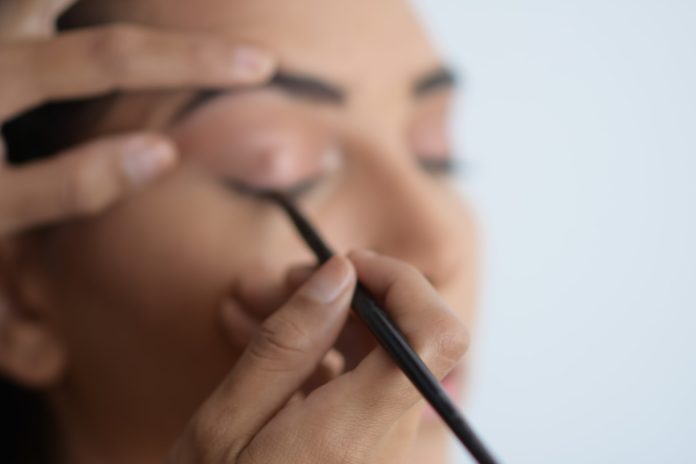Furthermore, a daily skincare routine assists in the healing of blemishes, including acne scars. So, if you are wondering how much is laser treatment for acne scars, it is worth considering as an additional option for skin rejuvenation.
Acne is an inflammatory skin condition that causes pimples primarily around the face, neck, shoulders, chest, and back. These pimples are caused by pores that have been blocked by dead skin cells or oil. Although acne is a common skin condition, especially with teenagers, many adults also suffer from it.
Acne does not necessarily pose a health risk to an individual. However, these small pimples are painful and bothersome and can even cause scarring. In addition, it affects your general outlook and leads to low self-esteem. So, it is essential to seek acne treatment using appropriate and relevant means. This article discusses the various treatments for acne that can assist in reducing breakouts and avoiding scarring.
How does your diet affect the skin and acne?
Your skin is the largest organ in your body. What you eat affects the largest organ of the body, which should be unsurprising. There are food items that increase blood sugar levels faster than others. A rapid increase in blood sugar causes the body to release a hormone of insulin-like growth known as IGF-1. An excess of these hormones triggers the release of more oil from the skin. When this mixes with dead skin cells and bacteria, it can block your pores and lead to acne. You should avoid the following foods to prevent further acne:
- White Bread
- White Rice
- Pasta
- Sugar
- Dairy foods
- Saturated fats
- Trans fats
To assist in acne treatment, your diet should include the following in your diet:
- Legumes
- Whole grains
- Fatty fish
- Nuts
- Unprocessed fruits and vegetables
- Pumpkin seeds
When dieting to prevent acne, your diet should contain should ideally conform to the following nutrition:
- Foods rich in zinc
- Foods rich in Vitamin A and E
- Antioxidants and omega-3 fatty acids
- Low-glycemic-load diets
How does skincare assist in acne treatment?
If you are susceptible to blemishes and pimples, you should take a keen interest in having a proper skincare routine. It assists in removing excess oil produced by the body that blocks your pores. Additionally, it aids in keeping your skin pores clean from dirt, dead skin cells, and bacteria. This helps avoid the accumulation of these items that lead to blockage of your pores and cause pimples. Furthermore, a daily skincare routine assists in the healing of blemishes that you may already have.
You should establish a daily skincare routine to assist in the treatment of acne. Try to cleanse your skin gently but effectively. You can use a face towel or soft cloth to wash your face thoroughly but avoid scrubbing your skin as it may irritate your acne. When cleaning, use a mild, non-comedogenic cleanser. Ensure you rinse well to remove all dirt and sweat that may have accumulated.
After that, you can apply a toner to remove excess oil and mitigate the blemishes. It is a great option for those with oily skin. Afterward, you may apply acne medications. These are normally creams or gels you apply on the surface of your skin. The skin should completely absorb the acne medication cream.
Once the skin has absorbed the medication, you can apply a moisturizer. This applies to those individuals that have oily skin too. It is an essential component as acne medications typically have ingredients that dry up the skin. Fortunately, there are moisturizers available for those with oily skin that do not irritate their acne.
Furthermore, as a precaution, apply sunscreen to protect your skin from damage by exposure to the sun. This is especially important, as certain acne medications can make your skin more prone to sun damage.











